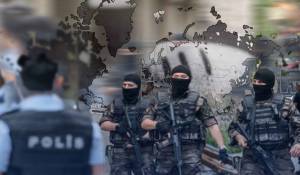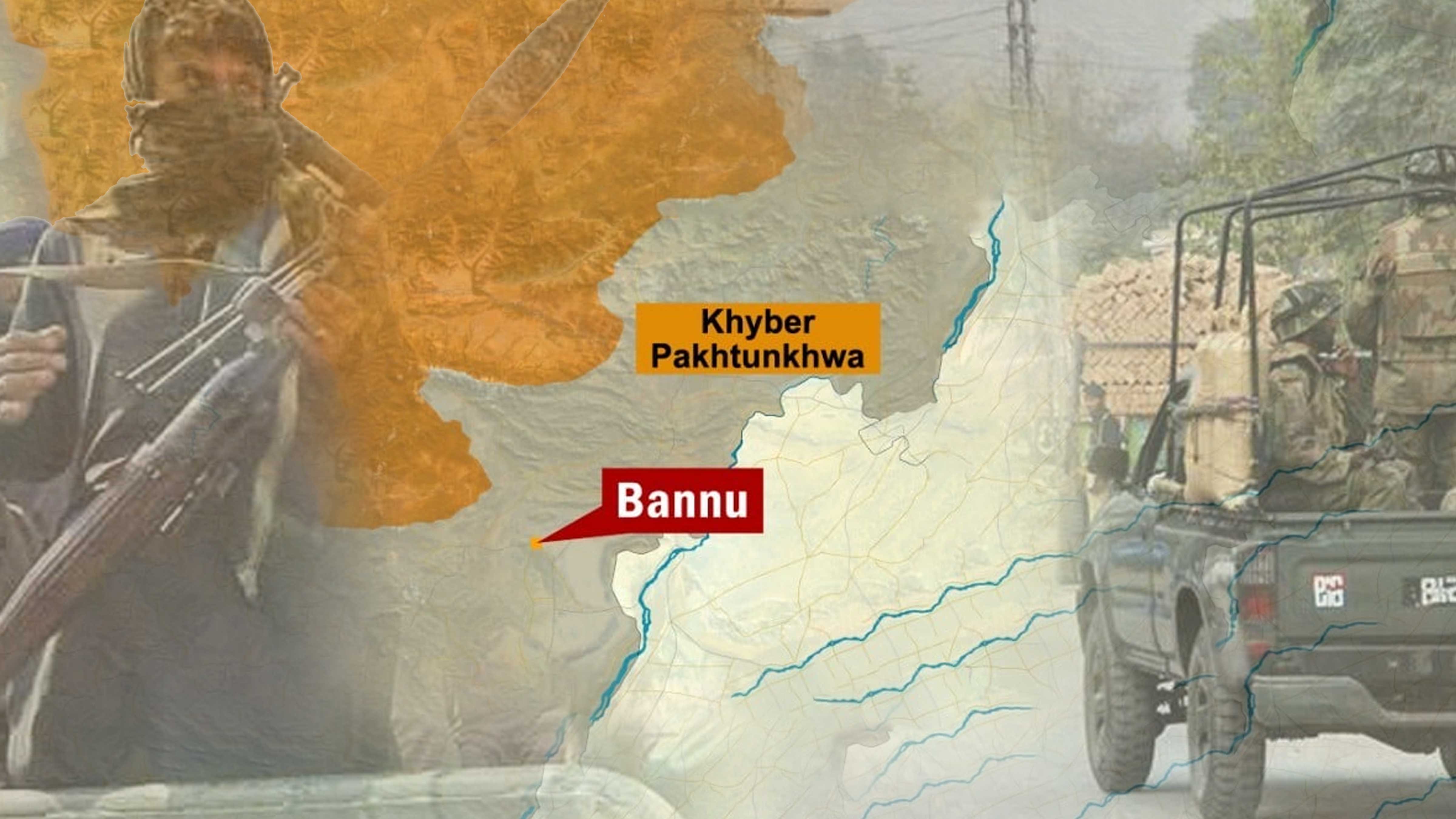
TKD Team

February 10, 2026
By | TKD Team

In a pre-dawn assault, 10 attackers affiliated with Jaish ul Fursan Muhammad, a subgroup of the Hafiz Gul Bahadur (HGB) faction of the Pakistani Taliban, targeted a high-security military installation in Bannu, Pakistan’s Khyber Pakhtunkhwa province.
Pakistani officials report that the complex attack, which continued for the entire day, claimed the lives of at least 8 security personnel, with over a dozen people injured, 10 of whom are in serious condition. In the ensuing clearance operation, Pakistani security forces killed 10 attackers.
“A group of ten terrorists attacked Bannu Cantonment. The attempt to enter the cantonment was effectively thwarted by the security forces personnel, which forced the terrorists to ram an explosive-laden vehicle into the perimeter wall of the cantonment. The suicide blast led to the collapse of a portion of the wall and damaged the adjoining infrastructure, resulting in martyrdom of eight brave sons of soil,” Pakistan military media wing, ISPR said in a statement issued at the conclusion of the operation.
“The heinous act of terrorism has been undertaken by Hafiz Gul Bahadur group, which operates from Afghanistan. Pakistan has consistently raised its concerns with Interim Afghan Government, asking them to deny persistent use of Afghan soil by the terrorists. Pakistan Armed Forces will take all necessary measures as deemed appropriate against these threats emanating from Afghanistan,” the ISPR statement added.
Meanwhile, encrypted communication channels affiliated with the Pakistan Taliban earlier reported that Taliban snipers had reached the vicinity of the cantonment, with the intention of targeting security forces stationed inside.
The attack began with a suicide bomber detonating an explosive-laden vehicle near the wall of Bannu cantonment which allowed the other attackers to infiltrate the area. In a statement, Jaish ul Fursan Muhammad claimed responsibility for the attack.
The attack is considered a major one, reminiscent of last December's attack where a six-man suicide squad affiliated with the main faction of Pakistani Taliban, TTP, drove an explosive-laden truck into a military camp in Draban, Dera Ismail Khan district of Khyber Pakhtunkhwa, followed by the remaining attackers who infiltrated the camp, inflicting at least 23 fatalities.
A senior security official reported that the current attack occurred at 04:40 am, stating that “the attackers were instantly cornered, and a clearance operation is underway.”
The Hafiz Gul Bahadur faction, previously regarded as 'good Taliban' due to their focus on targeting NATO and Afghan forces in Afghanistan, rather than carrying out attacks in Pakistan has carried out the highest number of suicide attacks in recent years, primarily targeting Pakistani security forces in its birthplace, North Waziristan tribal district and adjacent districts of Khyber Pakhtunkhwa.
Pakistan has repeatedly urged the Afghan Taliban to prevent anti-Pakistan militant groups, including the Hafiz Gul Bahadur (HGB) faction, from operating on Afghan soil and launching attacks against Pakistan. However, the Afghan Taliban have consistently denied these allegations, insisting that they do not harbour or support militant groups engaged in activities against Pakistan.
In April 2022, Pakistan conducted airstrikes against suspected HGB hideouts in Afghanistan, resulting in over 50 deaths.
The Pakistani government has recently announced the launching of a comprehensive anti-terror campaign, dubbed "Azm-e-Istehkam," aimed at targeting the Pakistani Taliban, including the Hafiz Gul Bahadur (HGB) faction. In response, the HGB faction has announced its own counter-operation, called "Al-Fatih bin Nasra Rahman.”
In November 2023, the Pakistani government demanded the extradition of Hafiz Gul Bahadur from Afghanistan, citing his involvement in terror activities in Pakistan.
Meanwhile, new alliances have emerged in recent years, some formal and some informal, among various Pakistani Taliban factions, aiming to form a united front against the Pakistani government. For instance, despite past differences, the Hafiz Gul Bahadur (HGB) faction and the Tehrik-i-Taliban Pakistan (TTP) have recently collaborated on multiple joint attacks against Pakistani security forces, despite not having a formal alliance in place.